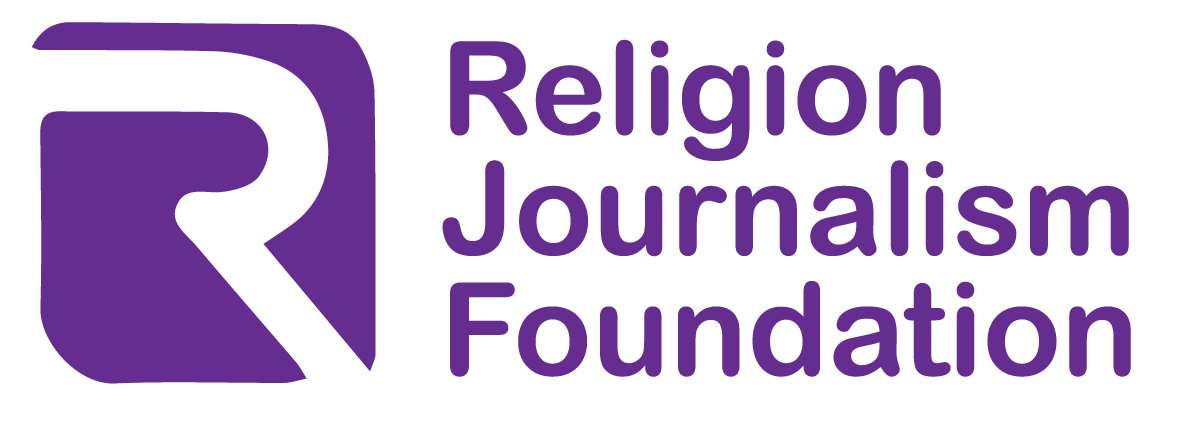Understanding the Role of Religion in News Reporting
Religion plays a significant role in shaping news narratives and influencing journalistic practices. Journalists are tasked with covering diverse and often complex topics, and understanding various religious perspectives is essential for providing accurate and fair reporting. Different religious traditions come with their beliefs, values, and cultures, which can impact how news stories are perceived and reported. The intersection of religion and media representation raises questions about bias, the accuracy of reporting, and the ethical implications involved in portraying religious subjects.
With the rise of globalization and increased interconnectivity, news outlets must navigate a multifaceted landscape that includes numerous belief systems. Christianity, Islam, Judaism, Buddhism, and other faiths not only influence individual perspectives but also shape collective societal narratives. For instance, certain issues related to human rights, social justice, or moral governance often intersect with religious teachings and doctrine, thereby making it essential for journalists to grasp these connections. A nuanced understanding of religious views enables journalists to frame stories in ways that resonate with diverse audiences while maintaining objectivity.
Furthermore, challenges arise when reporting on sensitive religious matters. Journalists may encounter potential biases stemming from their own beliefs, cultural contexts, or societal pressures, which may inadvertently influence their reporting. Ethical dilemmas also come into play, particularly when covering events such as religious conflicts, conversions, or practices that may be misunderstood by those outside the faith. Cultural contexts significantly impact how information is disseminated and received. Journalists must therefore approach these challenges with cultural sensitivity and an awareness of the potential implications of their reporting.
In summary, understanding the role of religion in news reporting is crucial for journalists aiming to present diverse perspectives fairly and accurately. As the media landscape evolves, so too must the approaches to reporting on religious issues, ensuring that stories reflect the complexity of faith in society.
Challenges and Best Practices in Reporting on Religion
Reporting on religion presents a unique set of challenges that journalists must navigate carefully. One of the most significant issues is the potential for misrepresentation. When journalists lack a profound understanding of religious beliefs and practices, they risk portraying these communities inaccurately, which can lead to public misconceptions and reinforce stereotypes. For instance, simplistic narratives about complex religious ideologies can distort the perceptions of adherents and non-adherents alike. Therefore, fostering a deep comprehension of various faiths is crucial for responsible journalism.
Moreover, cultural insensitivity often arises when reporters fail to consider the diverse cultural contexts surrounding religious practices. This insensitivity can manifest in the language used, the framing of stories, or even in the decision to cover certain events. To counteract this challenge, journalists must strive to respect the diversity inherent within and across religious communities. Engaging with representatives from these communities can provide valuable insights that inform more nuanced and respectful coverage.
To improve reporting practices, journalists should adhere to several best practices. First, thorough research is paramount. Understanding the historical and theological dimensions of a belief system can foster accuracy and depth in reporting. Investigating the intricacies of beliefs, rituals, and community dynamics will assist journalists in producing richer and more meaningful stories.
Additionally, collaboration with faith leaders and community representatives can greatly enhance the quality of reporting. Such partnerships can lead to greater trust and transparency, giving reporters access to perspectives that they might otherwise miss. Furthermore, integrating multiple voices from a given community can aid in presenting a balanced view and help avoid generalizations. By being vigilant about these challenges and consciously implementing best practices, journalists can navigate the intricacies of reporting on religion more effectively, leading to responsible and insightful coverage.

